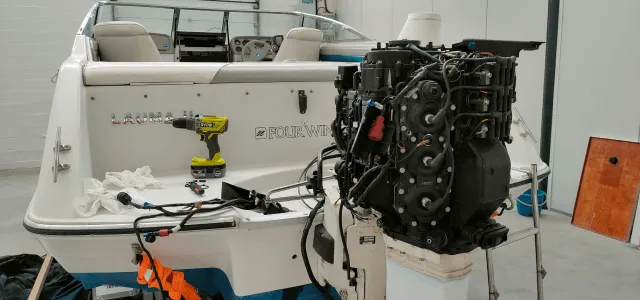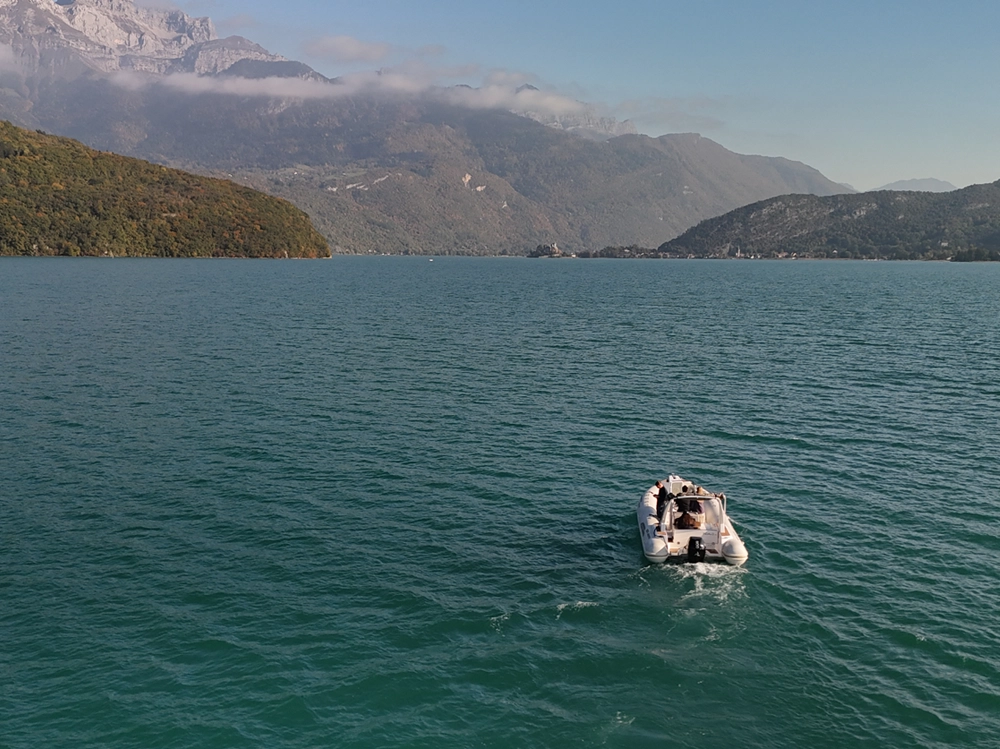Our commitments:
Navigating to a sustainable future
At Weenav, we are resolutely committed to transforming boating by offering electric motorization solutions that respect the environment. Each project we carry out aims to reduce the carbon footprint, preserve marine ecosystems and promote cleaner navigation for future generations.
Comparative
What is the impact of our engines on the environment?
Weenav electric and hybrid motors stand out for their low environmental impact and high energy efficiency. Conversely, thermal engines are more polluting and less respectful of ecosystems.
Electric or hybrid motor

Weenav electric and hybrid motors combine clean navigation, reduced costs and low environmental impact
Minimal and inexpensive maintenance
No or very low CO2 emissions
Very high energy efficiency
Quiet and low vibration
Respectful of the aquatic environment
Traditional heat engine

Thermal engines have low efficiency, a negative environmental impact and are less sustainable in the long term
Frequent and expensive maintenance
Significant emissions of gases and particles
Low energy efficiency
Noisy and high in vibration
Water and air pollution
Sailing while respecting fauna and flora
Weenav engines protect marine and river ecosystems by eliminating polluting discharges and reducing noise pollution. However, motorization is not the only source of impact. Be responsible by using the anchor in authorized areas and respecting local regulations to preserve nature.
No hydrocarbon leaks.
No toxic waste
Significant reduction in disturbances for species.
Our ambition
Accessible green navigation
Weenav engines combine profitability and respect for the environment. Thanks to their reduced maintenance costs and their energy efficiency, the investment in an electric or hybrid motor quickly pays for itself.
In addition, numerous public aids and subsidies facilitate access to this technology, making electric navigation accessible to all. Join the community of ecological mariners, who enjoy the sea while protecting it. Find out now what financing is available to switch to electric or hybrid!
In addition, numerous public aids and subsidies facilitate access to this technology, making electric navigation accessible to all. Join the community of ecological mariners, who enjoy the sea while protecting it. Find out now what financing is available to switch to electric or hybrid!





